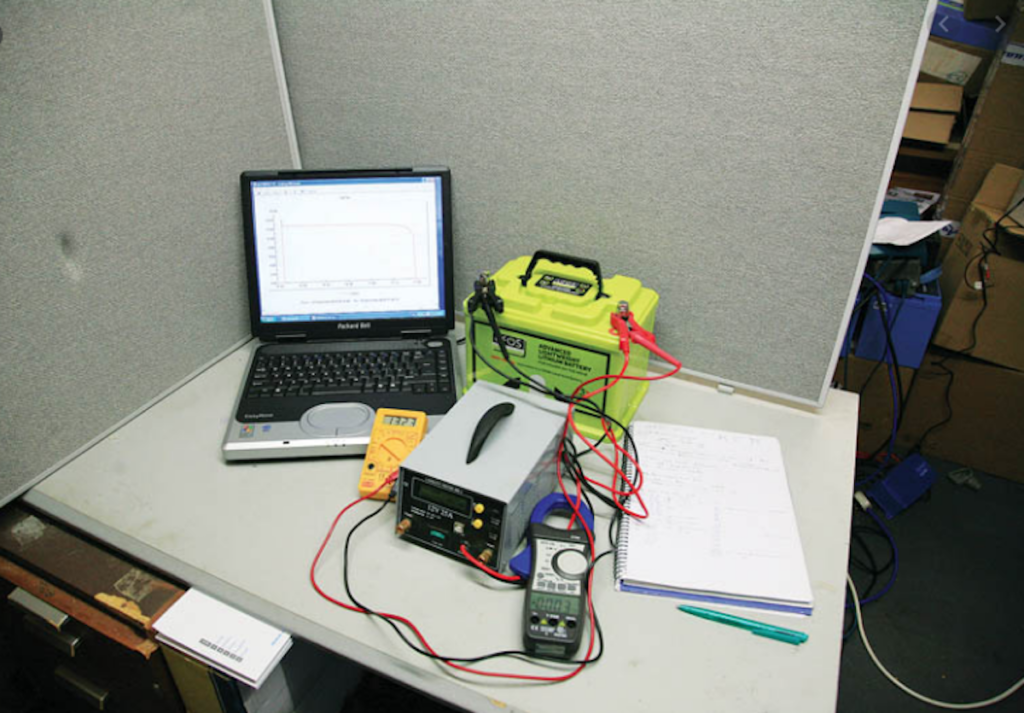Lithium is the lightest metal used for many purposes. Lithium is used in medicine as a treatment for bipolar disorder, helping to stabilize wild mood swings caused by the disease. Lithium is used in the production of aircraft and certain batteries.
Physical properties of lithium, according to Jefferson National Linear Accelerator Laboratory, are:
– Atomic number (number of protons in the nucleus) is 3
– The atomic symbol in the periodic table is Li
– Atomic weight is 6,941
– The density is 0.534 per cubic centimeter
– The phase at room temperature is solid
– The melting point is 180.5 degrees Celsius
What Are Lithium Batteries?
Lithium batteries are small rechargeable batteries used in consumer products, electric vehicles, and are even becoming popular in the military and aerospace industries. Due to its unique ability to store a large amount of energy in a small space, it has become very popular and its popularity is only growing. As a result, its demand is only growing. Prices are solid but are expected to fall significantly in the next few years.
Lithium-ion batteries are found in cars, electrical systems, consumer electronics, and even commercial aircraft. They are found in material handling equipment, in vehicles with automatic guidance, in forklifts, and pallet cranes. You can see all the applications of lithium-ion batteries if you check out this site.
It is known that fuel and gas only pollute our environment and in order to preserve the environment in which we live, inventions are made to stop using fuel, gas, and things that are harmful, so more and more batteries and battery equipment are used. therefore, the demand for them only increases.
The Advantages Of Lithium Batteries
The advantages of lithium-ion batteries compared to lead-acid batteries are that they have a longer battery life, increased performance, low maintenance costs, and faster and better charging.
Lithium is the lightest of all metals, has the highest electrochemical potencies, and provides the highest energy density by weight. These rechargeable lithium metal batteries could provide extremely high energy densities at the anode but it was in the mid-1980s to create unwanted dendrites at the anode as these particles penetrated the separator causing an electrical short circuit.
The temperature of the cells would rise rapidly, which would lead to the melting of lithium. A large number of lithium rechargeable batteries were sent to Japan which was recalled in 1991 because the battery released flaming gases and caused burns to a man’s face who used a mobile device with that battery.
Nowadays, this battery is easy to maintain, more precisely with little maintenance, and it is one big advantage that most other chemicals cannot claim. The battery has no memory and therefore does not need to be formatted or intentionally and completely discharged to keep it in shape as with other batteries.
How Do Lithium-Ion Batteries Work?
Lithium-ions use the cathode (positive energy), the anode (negative energy), and the electrolyte as a conductor. During the discharge, the ions flow from the anode to the cathode through the electrolyte and separator. The charge reverses the direction and the ions flow from the cathode to the anode.
Chemical characteristics, performance, cost, and safety characteristics vary depending on the lithium-ion batteries and what they’re used for.
Lithium-Ion Battery Benefits
– High specific energy and the possibility of high load
– Long lifecycle and extended shelf life
– Free maintenance
– Large capacity, low internal resistance, and good efficiency
– Simple charging algorithm with a relatively short charging time
– Low self-discharge
Lithium-Ion Battery Limitations
– The battery requires a protective circuit to prevent heat escape if under stress
– Degrades at high temperatures and even when stored under high voltage
– Fast charging is not possible at freezing temperatures, below zero degrees Celsius
– Mandatory regulations on transport are also needed when larger quantities are transported.

